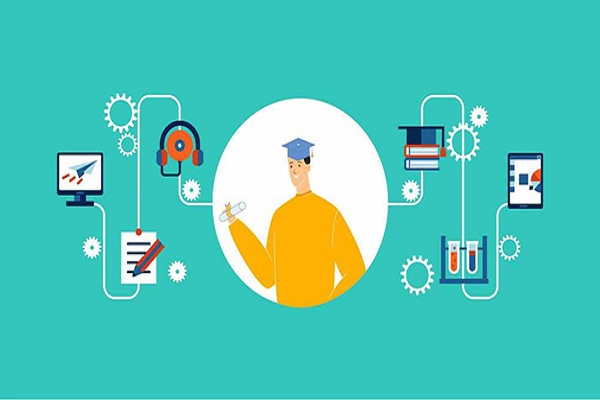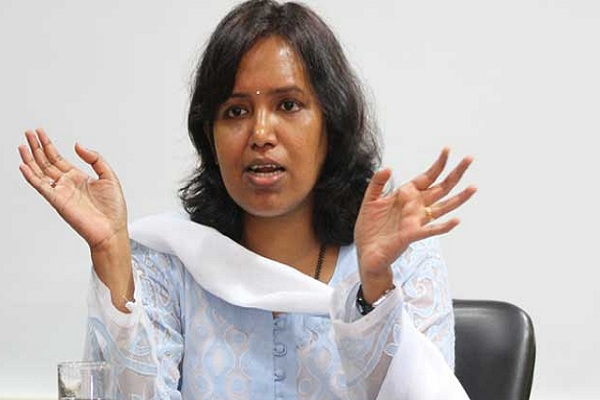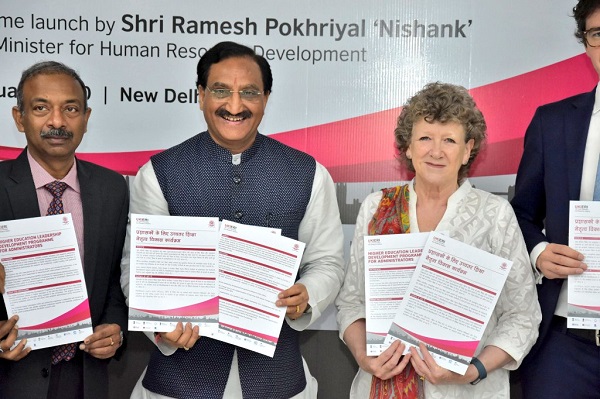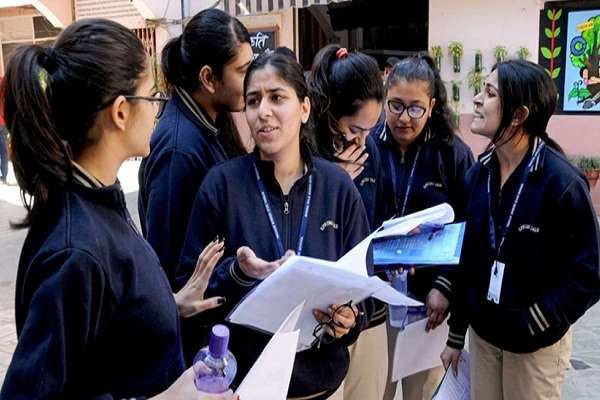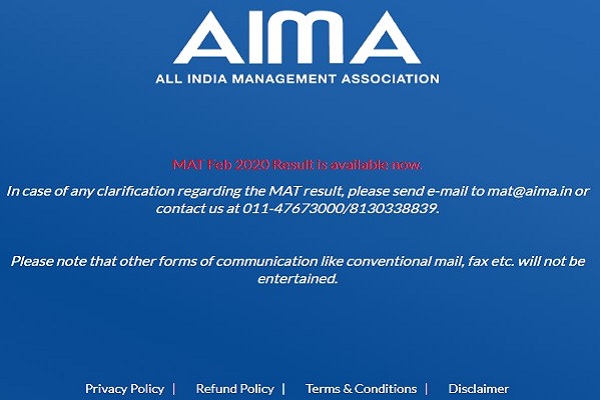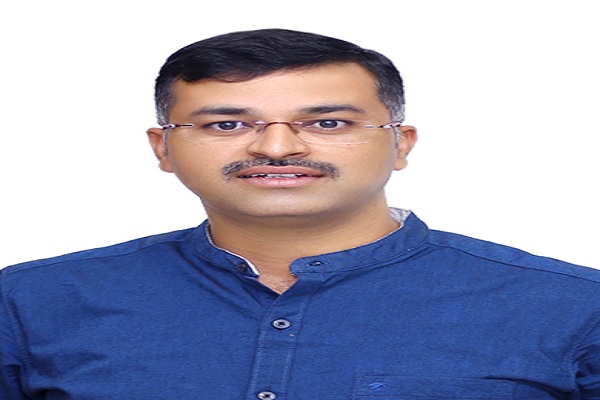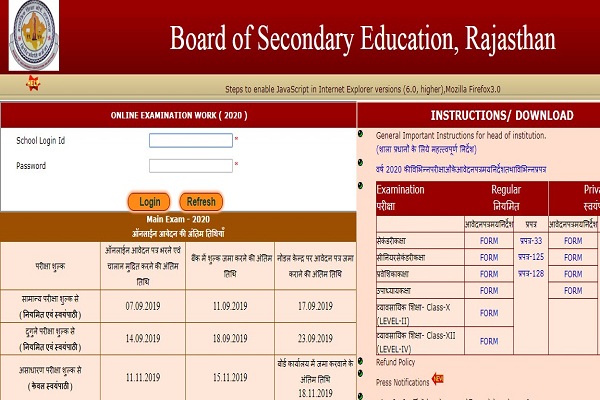A nation’s capability to utilise its physical capital is a function of its human capital; and if the human capital does not increase in proportion with the physical capital, economic development stalls, writes Debajyoti Mohanty of Elets News Network (ENN).
In the ringing words of Nelson Mandela, “Education is the most powerful weapon you can use to change the world”. This expression of wisdom reminds us the importance of education in eliminating gender inequality, reducing poverty, creating a sustainable planet, preventing needless deaths and illness, and fostering peace.
Additionally, education is important to raise people’s productivity and creativity and to promote the latest technological advances among the populace. It also plays a crucial role in securing economic and social progress and improving income distribution.
Economic development depends on a variety of factors and economists have had a difficult time in identifying the fundamental ones. At its core process, economic development involves combining financial and human capital in a productive way, which is why some countries advance faster than others.
More than two centuries ago, Adam Smith, otherwise popularly known as the father of Economics, described ‘human capital’ as one of four types of fixed capital that contribute towards the advancement of a nation’s economy. This theory gave rise to a speculation among other notable economists that poor countries remained poor because they lacked human capital. It was theorised that a nation’s capability to utilise its physical capital, is a function of its human capital. And if the human capital does not increase in proportion with the physical capital, economic development stalls. Furthermore, foreign investors are more eager to invest in physical capital and as a result, human capital is more likely to be a constraint to development.
DRIVING THE CONTEXT HOME
Coming to the present, economists all over the world now accept that investment in education (or human capital) is essential for economic development. Investments made in primary and secondary education are important for the formation of a strong base. It is because an educated labour force is more mobile and adaptable. They can learn new tasks and skills more easily, use a wider range of technologies and sophisticated equipment, and are more creative in their thinking.
Education, higher education in particular, is a technology and innovation driver. Furthermore, it is a driver of growth, prosperity and competitiveness in national and global economies. Universities and other institutions not only provide the latest education and skills training, but also present an active research environment that can be utilised to produce innovations with varied commercial and societal applications. Many important technological advances in recent times, including cloud computing, augmented reality, and self-driving cars, came out of research taking place in universities. The research and innovations coming out of universities benefit the wider economy, as it drives local and global investment, enhances exports, and makes the economy more balanced.
HIGHER EDUCATION VIS-A-VIS INDUSTRY COLLABORATIONS
Higher education will stand to be meaningless without quality publications and research. In the last decade, there has been a substantial growth in the number of research deals between the industry and universities. Businesses are increasingly turning towards universities to carry out pertinent research, as they provide access to the best scientific minds and equipments in specialised areas. At the same time, reduced public funding for academic research has made universities more open to industrial collaboration and the private investment which comes along with it.
It also helps if the universities and their collaborative industry partners are geographically close to each other. A good example of this concept is the collaboration between Stanford University and Silicon Valley. Highly successful and globally active companies like Apple, Alphabet (Google), Twitter, Facebook, AMD, Intel and Cisco have set up their headquarters in the areas and make full use of the academic research potential available in the vicinity, which has produced some of the most fascinating technological innovations in recent times.
Similar collaborations take place in India as well, with many big corporations taking advantage of research facilities and talent available in premier Indian universities and engineering institutions.
UNRAVELLING THE CRUX
Education is an important tool which contributes to the economic growth and development of a nation. Moreover, rapid expansion of education accelerates economic growth which eventually leads to national development. In fact, today’s incessantly evolving world demands a robust education system that will lead to employability.
The status of education can be measured using different indicators such as the Gross Enrollment Ratio (GER), education budget, literacy, etc.
By 2030, India is expected to have the largest number of college-age people in the world – a staggering 140 million. India’s current GER, standing at 26.3 percent, is yet to meet the Ministry of Human Resource Development’s (MHRD’s) target of 30 percent GER by 2020. Moreover, even if the target of 30 percent GER is achieved, India would still be considerably behind countries like China (43.39 percent) and USA (85.8 percent).
According to the latest All India Survey on Higher Education (AISHE) for 2018-19, the Gross Enrolment Ratio (GER) in India’s higher education sector has increased from 25.8 percent in 2017-18 to 26.3 percent in 2018-19. Besides, the number of universities have grown from 903 (2017-18) to 993 (2018-19) and total higher education institutions (HEIs) from 49,964 to 51,649 in the same period.
Despite witnessing a four-fold increase in the number of Higher Education Institutions (HEIs) since 2001, India would need at least another 800 new universities and 40,000 new colleges by 2030 to accommodate this huge number of youth.
In fact, Telangana is one of the Indian states that have recorded a GER which is way above the national average. The State in 2018-19, recorded a GER of 36.2 percent, as against the national average of 26.3 percent.
The GER of other states like Sikkim and Tamil Nadu – which are top performers – stands at 53.9 percent and 49 percent, respectively.
Meanwhile, Mr Sunil Sathyavolu, Co-founder of EdSense points out that the much-awaited New Education Policy (NEP) has a lot of hopes for the betterment of education in India. As far as the southern state of Telangana is concerned, he said, it has taken a few impressive decisions ahead of NEP, including “Intinta Innovator”, an innovation drive to identify innovators from the grassroots level and give them the opportunity to realize their true potential.
Commenting on connecting education to the industry, Mr Sathyavolu added that it has always been a challenge and various initiatives are in progress for a better tomorrow, all of these are important but the execution is the key. It would be great to bring the Social & Emotional Learning aspect and make use of adaptive learning platforms which will be great in executing the right digital strategy for the education sector.
Furthermore, according to Radhakrishnan C, Principal, Hillside School, Hyderabad, Telangana has a huge potential to emerge as an educational hub with its critical mass of local and foreign players – including students, education institutions, companies, knowledge industries, science, and technology centers – who can thoroughly collaborate and in some cases co- locate, engage in education, training, knowledge production, and innovation initiatives.
CONCLUDING REMARKS
As far as collaborations are concerned, they are usually mutually beneficial and result in increased profits for the industry; and investment and scientific publications for academia, which in turn increases their global standing. Also, the scope for widening this collaboration is very wide, and could be achieved by undertaking infrastructural changes, among others.
The higher education sector offers training to people at all stages of their careers – from students, fresh and recent graduates to experienced professionals. Skill training has a very positive impact on the wider economy. A well-trained and skilled workforce is better prepared for the challenges and opportunities that are typical of a modern workplace. A workforce with the right expertise works more efficiently and confidently than those struggling to keep up with the changing demands of their roles. Ultimately, a skilled workforce increases productivity and propels growth in the wider economy.
Moreover, countries are putting knowledge at the service of their societies to create a better world. This can be achieved through the training of first-class minds, through major advances in science and technology and by encouraging an interest in learning. To realize its full potential, higher education should maintain a pro-active stance, and strengthen its position as bedrock upon which countries are built. It is time we expanded research from just specialised and premier institutes to Central, state and private universities too.






